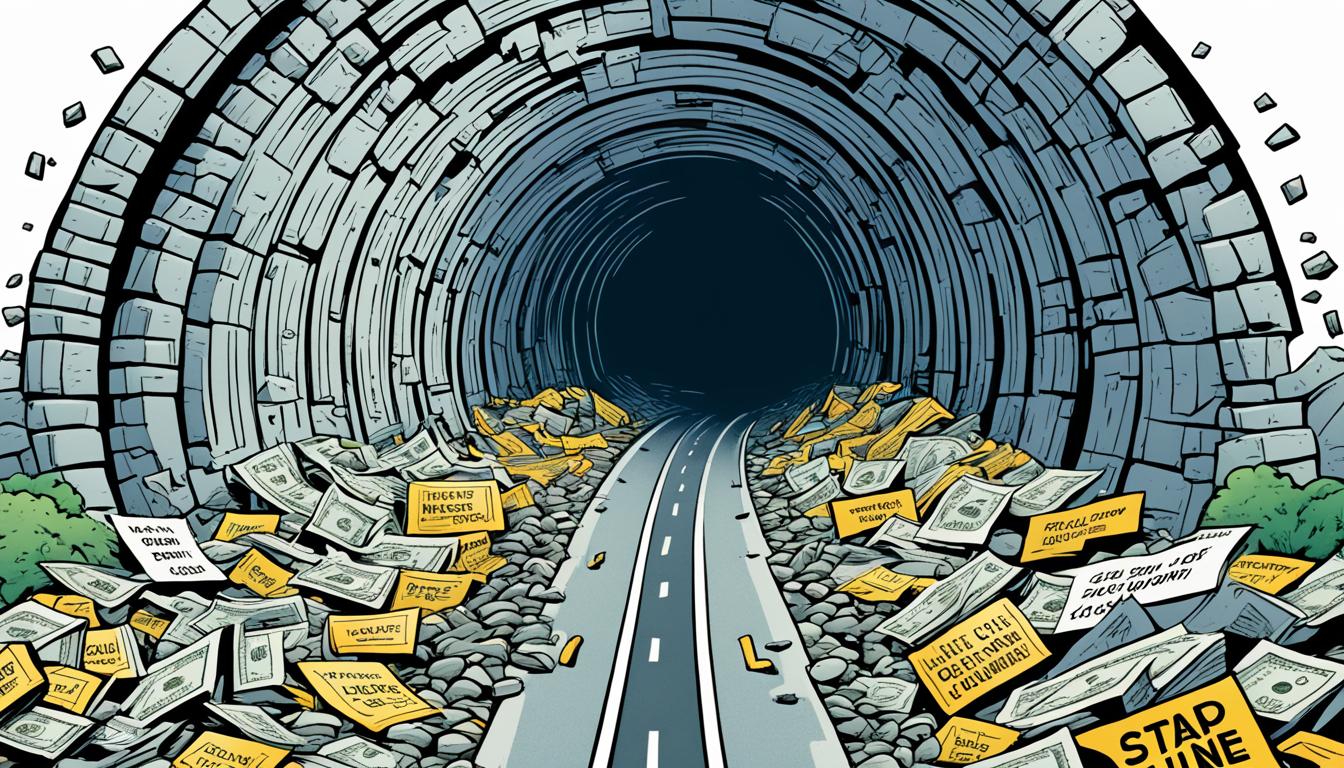Around 40% of new businesses end up failing due to financial challenges, highlighting the importance of securing adequate startup funding. Obtaining the necessary funds to launch and sustain your business is essential. Beyond personal savings and loans from acquaintances, there are various options available such as venture capital, government assistance, crowdfunding, and even blockchain technology. These funding sources can make a significant difference in the success of your entrepreneurial journey.
Securing venture funding is tough, with only 5 in 10,000 startups making it. But, understanding your choices can help a lot. Knowing what’s out there is crucial for your startup’s success.
Key Takeaways
- Nearly 40% of businesses fail due to cash constraints.
- Traditional funding routes still play a critical role.
- Only a small fraction of startups secure venture capital.
- Alternative funding options include crowdfunding and ISAs.
- Government grants can provide valuable resources but may be challenging to obtain.
- Blockchain financing offers new possibilities for startups.
The Importance of Business Startup Funding
Understanding how crucial funding is for entrepreneurs is key to startup success. It helps cover costs like licenses, permits, and legal fees. It also pays for office space, equipment, and inventory. Without enough money, these basic needs are hard to meet.
Business funding is essential for building your company’s infrastructure. It allows you to upgrade technology, buy machinery, and improve operations. This means your business can grow and better handle more work. It also helps manage inventory better and make the supply chain more efficient.
Breaking into new markets requires money for market research and product development. Marketing strategies also need funding. With enough funds, it’s easier to get the latest tools and technology. This keeps your business running smoothly and staying ahead of competitors.
Hiring and training a great team are also funded by investments. This builds a strong workforce. Remember, 90% of startups fail, but a strong financial base reduces risks. A startup with good funding is more likely to succeed despite challenges.
| Startup Costs | Funding Sources | Potential Outcomes |
|---|---|---|
| Licenses and Permits | Venture Capital | Legal compliance and legitimacy |
| Office Space | Angel Investors | Stable operational base |
| Equipment and Supplies | Loans | Operational efficiency |
| Marketing Strategies | Crowdfunding | Brand visibility and market reach |
| Hiring Talent | Grants | Skilled workforce development |
| Technology Upgrades | Peer-to-Peer Lending | Increased productivity |
Understanding Startup Funding Stages
For entrepreneurs seeking financial backing, knowing the startup funding stages is key. These stages start with pre-seed funding, usually $10,000 to $100,000. This first bit of money might come from your own pocket, friends, or family. At this point, the goal is to form a team and develop a basic version of the product, known as a MVP.
The next phase, seed funding, ranges from a few thousand to several million dollars. At this time, startups may be valued between $3 million and $6 million. The money mainly goes towards refining the product and exploring the market. Around 29% of startups fail here because they run out of money, making it crucial to get enough funding.
After the seed stage, you move to Series A, B, and C. Each focuses on different aspects of growth. A Series A round gets you $1 million to $15 million for startups valued at $10 million to $30 million. By Series B, the funding increases to $7 million to $12 million, with valuations of $25 million to $65 million.
Knowing these stages helps in planning for funding rounds. It’s important to understand what investors look for as you move through the startup funding stages. This knowledge prepares you for talks about your business’s future and expansion plans.
| Funding Stage | Funding Amount | Valuation Range | Main Objectives |
|---|---|---|---|
| Pre-Seed | $10,000 – $100,000 | N/A | Build team and develop MVP |
| Seed | $1,000 – $4,000,000 | $3 million – $6 million | Product development and market research |
| Series A | $1 million – $15 million | $10 million – $30 million | Scaling operations |
| Series B | $7 million – $12 million | $25 million – $65 million | Further scaling and market capture |
| Series C | $30 million – $100 useEffect_unlocked> | N/gameObject | Expansion garage and Front Door than 1 second |









